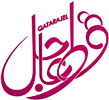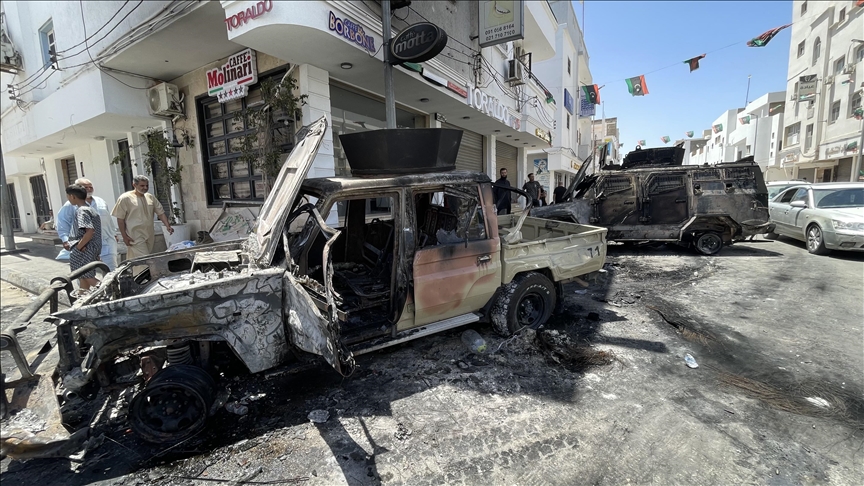In Libya, heavy gunfire and violent clashes broke out in the capital, Tripoli, following the killing of a local militia leader. Reports indicate that at least six people have died in the fighting so far.
Tanks and military vehicles were seen parading through the city as plumes of black smoke rose into the air. Libya remains tense as rival armed groups exchanged fire, reportedly resulting in the death of Abdel Ghani Al-Kiki, also known as Geniwa, the head of the Stability Support Authority militia—one of Tripoli’s most powerful armed groups.
After a night of violence, the Libyan prime minister announced that security had been restored. However, residents were still urged to remain indoors for their own safety. Libya continues to struggle with unrest, still recovering from the chaos that followed the 2011 revolt and the fall of former dictator Muammar Gaddafi.
The country is currently divided between a UN-recognized government in Tripoli and a rival administration in the east. The recent escalation has prompted international calls for calm, with the United Nations mission in Libya urging all parties to deescalate and cease fighting. Despite these appeals, the future of Libya’s political crisis remains uncertain.

